 Coalition governments are a basic pattern of parliamentary democracy that is put to the test by new alliance necessities and options, among other things. Our research focusses primarily on the formation of coalitions: How are coalition negotiations organised? How do the internal party decision-making processes take place when forming a government? And what do coalition agreements achieve?
Coalition governments are a basic pattern of parliamentary democracy that is put to the test by new alliance necessities and options, among other things. Our research focusses primarily on the formation of coalitions: How are coalition negotiations organised? How do the internal party decision-making processes take place when forming a government? And what do coalition agreements achieve?
If you are interested in our research on coalitions, please contact Dr Danny Schindler at schindler@iparl.de or Oliver Kannenberg at kannenberg@iparl.de.
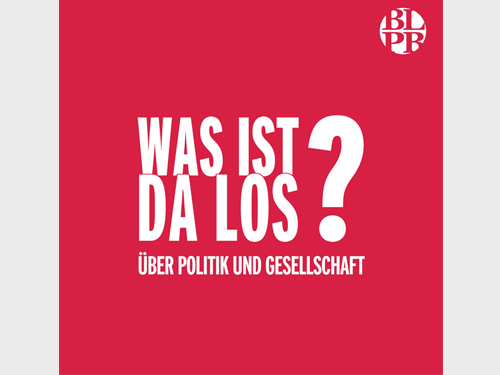
Coalition governments are the norm at both federal and state level. Oliver Kannenberg talks to Sabine Schmidt-Peter about fundamental and more in-depth aspects of coalitions in politics in the podcast by the Brandenburg State Centre for Political Education.
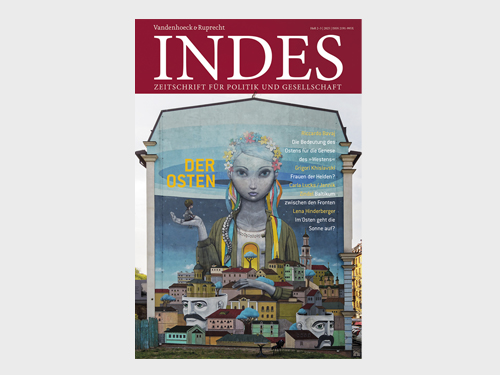
The participation of the member base in important internal party decisions has been a growing trend in Germany for several years. However, member surveys in the aftermath of coalition negotiations in particular have repeatedly attracted criticism. In their article, Danny Schindler and Oliver Kannenberg analyse the empirical trend, the underlying logic of action and the implications for coalition governments.
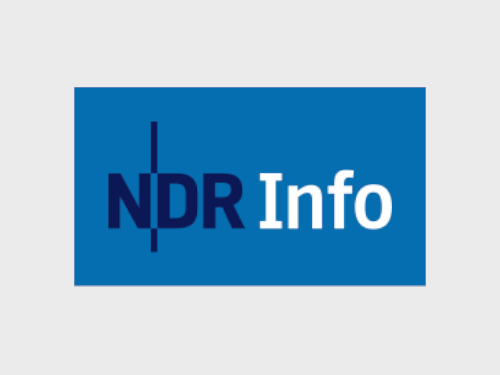
The issue of the pension (package) will probably accompany the government throughout the entire election period. Danny Schindler spoke to NDR about the role of the coalition committee and political leadership as compromise management.
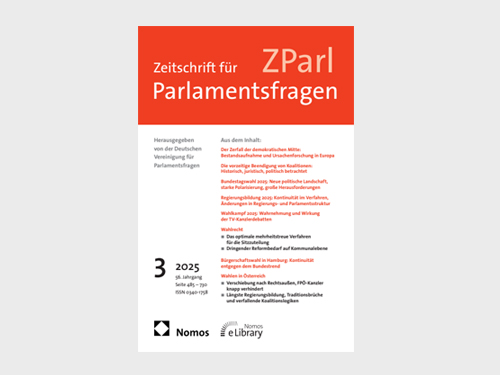
The coalition negotiations after the Austrian National Council elections in 2024 developed into the longest government formation of the Second Republic and led to an oversized three-party coalition of the ÖVP, SPÖ and NEOS for the first time since 1949. Oliver Kannenberg traces the three coalition negotiations chronologically, paying particular attention to the informal practices, party-political blockades and constitutional leeway.

Communication is both a key task and a complex challenge for political parties. Danny Schindler spoke to the ZDF programme "Berlin direkt" about the tension between election campaign rhetoric and finding compromises in coalition negotiations.
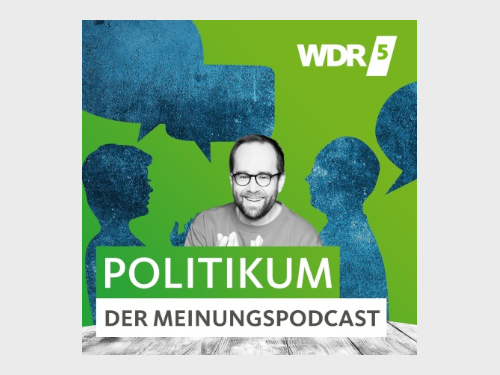
For the Politikum podcast by WDR5 Danny Schindler explained why political leadership and the ability to compromise on a daily basis are needed for coalition talks. Extensive coalition agreements on the other hand are not necessarily needed.
Sign up to receive updates, promotions, and sneak peaks of upcoming products. Plus 20% off your next order.